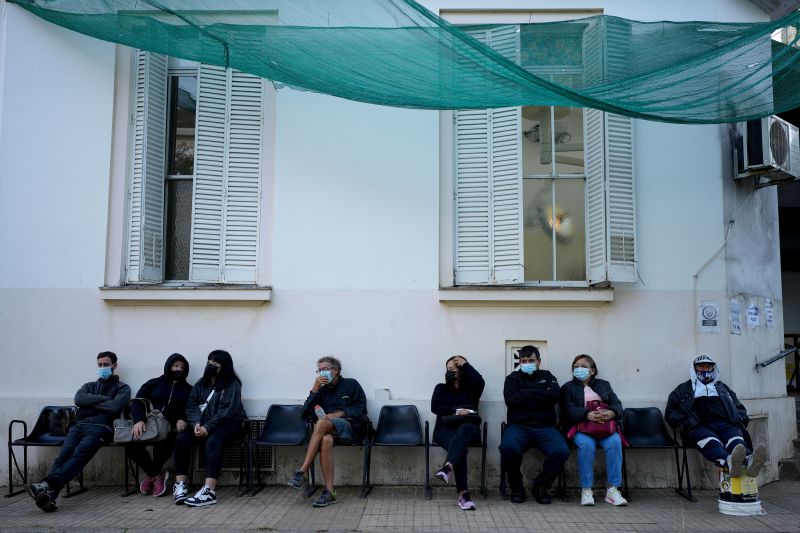The Pan American Health Organization (PAHO) recently revealed that Dengue cases across the Americas have crossed the 5.2 million mark, surpassing the previous annual record. This alarming increase has the health community on high alert.
Dengue, a mosquito-borne viral disease, has been rampant across the Americas with an escalated frequency recorded this year. The disease is characterized by a high fever accompanied by at least two of the following symptoms: severe headache, pain behind the eyes, muscle, bone, or joint pain, rash, nausea, or vomiting.
According to the latest data released by PAHO, the total number of dengue cases till date in the Americas is over 5.2 million, far exceeding the previous most significant annual tally of 2.4 million cases in 2015. This marks a more than 100% increase in the incidence of dengue in the region in the past six years, indicating the urgent need for intensified prevention and control measures.
The highest increase in Dengue cases has been reported in South American countries. Brazil stands as the leading country with 2.7 million cases, making up over half the total cases in the Americas. Mexico, Nicaragua, Colombia, and Honduras are also among the countries that have noticed a dramatic increase in dengue cases.
The Pan American Health Organization also highlighted an increased fatality rate associated with recent cases of Dengue. The increase in case numbers has correlated with a surge in the number of deaths. The death toll has soared to 1,322 across the Americas, higher than in any previous year. The increase in case complexity and seriousness is a significant factor contributing to these statistics.
Despite significant progress in vector control efforts, the dengue epidemic’s trajectory continues to escalate. There is a clear indication that environmental factors, coupled with socio-economic determinants, have played a significant role in this trend. Rapid urbanization, population growth, climate change, and global travel, are some of the external factors accelerating the spread of Dengue.
PAHO’s enhanced response focuses on effective surveillance, case management, laboratory network strengthening, community engagement, and intersectoral action. The organization emphasizes integrated management strategy for Dengue prevention and control, including vector surveillance and control, clinical management of patients, and integrated surveillance in the public health system. Vaccination is an additional preventative tool but is regarded as a complementary measure rather than a solution.
In response to this outbreak, PAHO, along with the affected countries, have taken numerous actions. They have been working on strengthening the primary care network for early detection and offering public education campaigns about the risk factors. Several countries have increased their efforts in mosquito eradication, reducing potential breeding grounds, and investing in rapid and efficient diagnostic tools to speed up the detection and treatment process.
The Dengue outbreak in the Americas underscores the unceasing need for a robust, integrated approach towards mosquito-borne diseases. Vector control, public awareness, and timely clinical response are key to limiting the Dengue epidemic’s impact and safeguarding public health.




